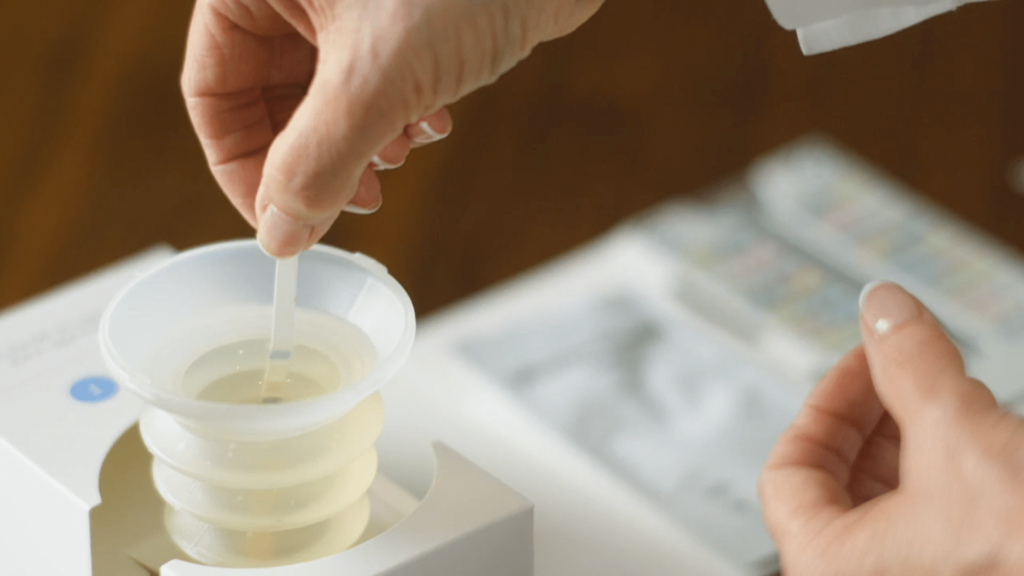The ACR and cardiovascular connection
Cardiovascular events have a huge impact on the lives of those who suffer from them and are extremely costly and burdensome on the healthcare system as a whole. That’s why early detection and prevention are critical for improving health outcomes and managing costs effectively. A growing body of research has uncovered a compelling link between albuminuria, detected through urine ACR testing, and cardiovascular events. Understanding and leveraging this connection can help avert complications and reduce costs associated with cardiovascular events and disease.
Albuminuria as a Predictor:
Albuminuria, the presence of excess albumin in the urine, has long been recognized as an indicator of kidney damage. However, mounting research reveals a groundbreaking finding—it can serve as a powerful predictor of cardiovascular events, including myocardial infarction and heart failure. This urine ACR testing enables healthcare providers to identify individuals at risk and take proactive measures to prevent these adverse events.
The Bidirectional Relationship:
The research illuminates a crucial, bidirectional relationship between albuminuria and cardiovascular events. Albuminuria not only signals impending cardiovascular events but also actively contributes to the progression of cardiovascular diseases. It’s a complex interplay involving factors such as oxidative stress, inflammation, endothelial dysfunction, and fibrosis that drive this mutual relationship.
Kidney disease exacerbates cardiovascular risk by promoting factors like hypertension, diabetes, and hyperlipidemia. Conversely, cardiovascular disease reciprocally affects kidney health. Conditions like heart failure can reduce renal perfusion, critical for optimal kidney function.
The intertwined relationship between albuminuria and cardiovascular events underscores the importance of routine urine ACR testing. Detecting albuminuria early enables timely intervention, halting the progression of CKD thus minimizing the risk of cardiovascular disease and costly complications. Through the lens of this bidirectional relationship, we can see how the power of prevention lies at the intersection of early detection, proactive intervention, and continued monitoring.
Implications for Risk Stratification and Prognostication:
Routine urine ACR testing plays a crucial role in risk stratification and prognostication. Individuals with albuminuria are at a higher risk of hospitalizations and mortality related to cardiovascular events. Identifying albuminuria enables healthcare providers to proactively manage patient care, implement targeted interventions, and monitor progress closely. This proactive approach can help prevent costly hospitalizations and improve health outcomes.
Optimizing Treatment Strategies:
In addition to early detection, the research highlights the potential of targeted interventions to reduce albuminuria and improve cardiovascular outcomes. Medications such as renin-angiotensin-aldosterone system (RAAS) inhibitors, sodium-glucose cotransporter-2 (SGLT2) inhibitors, and nonsteroidal selective mineralocorticoid receptor antagonists have shown promise in reducing albuminuria. Promoting the utilization of these medications and monitoring their effectiveness can help optimize treatment strategies, leading to better health outcomes and cost savings and most importantly improving lives of those who suffer from this condition.
The Bottom Line:
Prioritizing routine urine ACR testing enables healthcare providers to detect albuminuria early and take timely action. Through early intervention, the healthcare industry can prevent costly cardiovascular events and reduce the overall financial burden associated with cardiovascular disease. Proactive monitoring, risk stratification, and optimized treatment strategies can translate into improved health as well as significant cost savings
That is why understanding the importance of routine ACR urine testing in detecting albuminuria is so critical for healthcare decision-makers.






